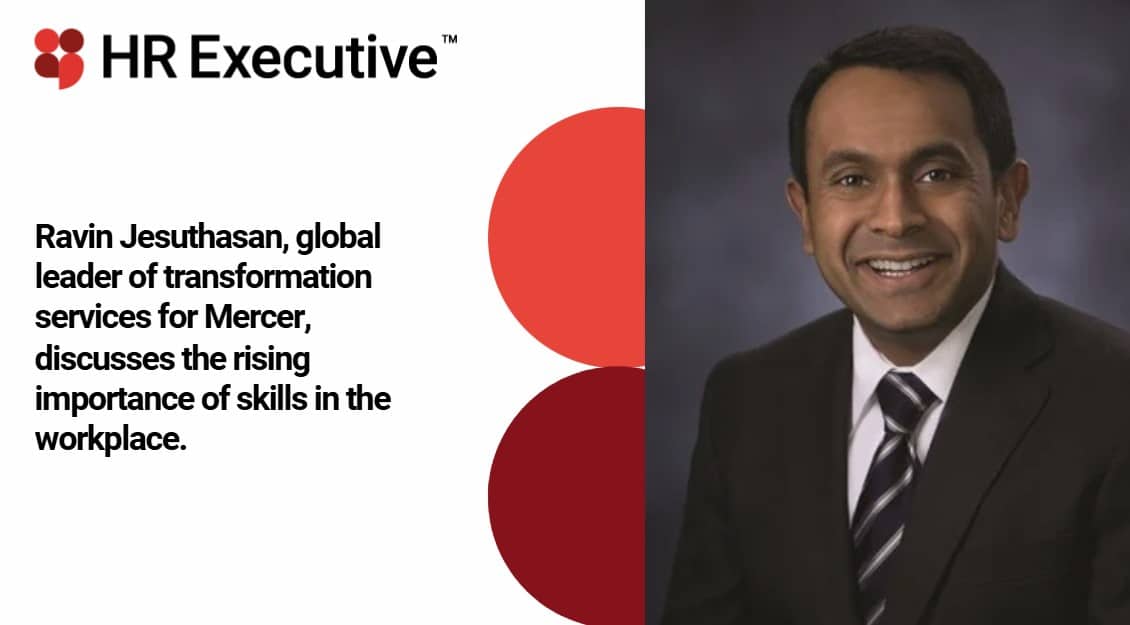Pro-Russia parties are gaining ground in Bulgaria ahead of a parliamentary vote on Sunday, as Moscow capitalises on continued political instability in the EU and Nato’s south-eastern member.
Heading into the seventh parliamentary election in just four years, politicians who adopt pro-Kremlin messaging have become increasingly popular with voters disillusioned with mainstream politics.
“Parties with some level of Russian influence may attract about a quarter of the vote or more, depending on mobilisation and turnout,” said Daniel Smilov, a political scientist at the Centre for Liberal Strategies in Sofia.
“People who see themselves as left behind seem more motivated to vote, which might create unpleasant surprises for pro-European forces.”
Most analysts project yet another inconclusive election, followed by an eighth vote in spring. Several insiders told the Financial Times that major parties and government officials are already planning for that snap poll next year.
The uncertainty benefits Moscow as it showcases Bulgaria’s dysfunction as systemic EU and Nato weaknesses.
“In the three years since I’ve been here, this is already the sixth election. It is sad,” Russia’s ambassador Eleonora Mitrofanova said in June, when Bulgaria held its last parliamentary vote. She pledged to work with any government that is formed, given that “our relationship is now at zero”.
Russia has mounted multiple influence campaigns on the continent this year, including in the run-up to the European parliament elections in June when a network run by a Moscow-based oligarch was uncovered as paying for politicians to peddle Kremlin lines and get more like-minded MEPs elected into the EU assembly.
The leadership of Moldova on Sunday only narrowly secured a Yes vote in a referendum on EU membership after what officials in Chișinău described as a massive vote-buying operation orchestrated by Moscow to back the No campaign.
Although Bulgaria has investigated Russian infiltration and expelled more than 100 diplomats since the start of the Kremlin’s full-scale war against Ukraine, political parties have so far escaped scrutiny of how susceptible they are to influence from Moscow.
Bulgarian mainstream parties are mostly pro-western and the country has supported Ukraine in its defence against Russian aggression, including with weapons shipments.
But several upstart, pro-Russia outfits have seen their support growing among Bulgarian voters, Smilov said.
The far-right Revival party has grown into a mid-size force with about 15 per cent of electoral support. Its leader Kostadin Kostadinov is banned from Ukraine on suspicions of being a Russian agent. He headed a delegation to a Brics forum in Moscow in late August, and has often criticised Bulgaria’s support for Ukraine.
“If you want war, choose [other parties], they support Zelenskyy’s criminal regime in Ukraine,” Kostadinov wrote on Facebook this week. “If you want peace, choose Revival. The choice is yours. Me and my comrades have already chosen.”

The Bulgarian Socialist party, which has shrunk below 10 per cent, is also ambiguous on Russia, with its deputies regularly criticising Bulgaria’s support for Ukraine, including its arms shipments.
Two upstart parties founded this year are also highly ambivalent on Ukraine, “overlapping with pro-Russia lines”, Smilov said.
Mech (Morality, Unity, Honour) is a Eurosceptic conservative group that claims neutrality over Ukraine, while Velichie (Greatness) has said it would prevent Bulgaria from participating in the war effort — although denied it was pro-Russia. They each poll just below 4 per cent, the parliamentary threshold in Bulgaria.
Causing more fragmentation, the second-largest party, the Turkish Movement for Rights and Freedoms (MRF) split this year over a leadership struggle.
Tycoon Delyan Peevski, who took over the party, was banned from the US for corruption, with the UK last year also placing him on its sanctions list for “attempts to exert control over key institutions and sectors in Bulgarian society through bribery and use of his media empire”.

The split of the ethnic Turkish vote — representing more than 10 per cent of the Bulgarian population — had “dramatic consequences”, said Goran Georgiev, an analyst with the Sofia-based Center for the Study of Democracy. “The low trust in democratic institutions makes the elections wholly unpredictable.”
Voter apathy is further complicating the outcome.
Turnout was just below 33 per cent in June and may fall further, boosting the chances of fringe parties, Georgiev said.
On the streets of Sliven in central Bulgaria, passers-by were largely ignoring party activists who were campaigning for APS, the Turkish party that split from the Peevski-ran outfit.
“I couldn’t care less, honestly,” said Arzu, a mother of two. “One is just like the other.”
A local candidate running for APS, Vladimir Martinov, admitted: “It’s partly our fault that there was no stable coalition in recent years.” He said the liberals “offered us a coalition provided we got rid of Peevski. We said no. It’s our fault.”
Credit: Source link











